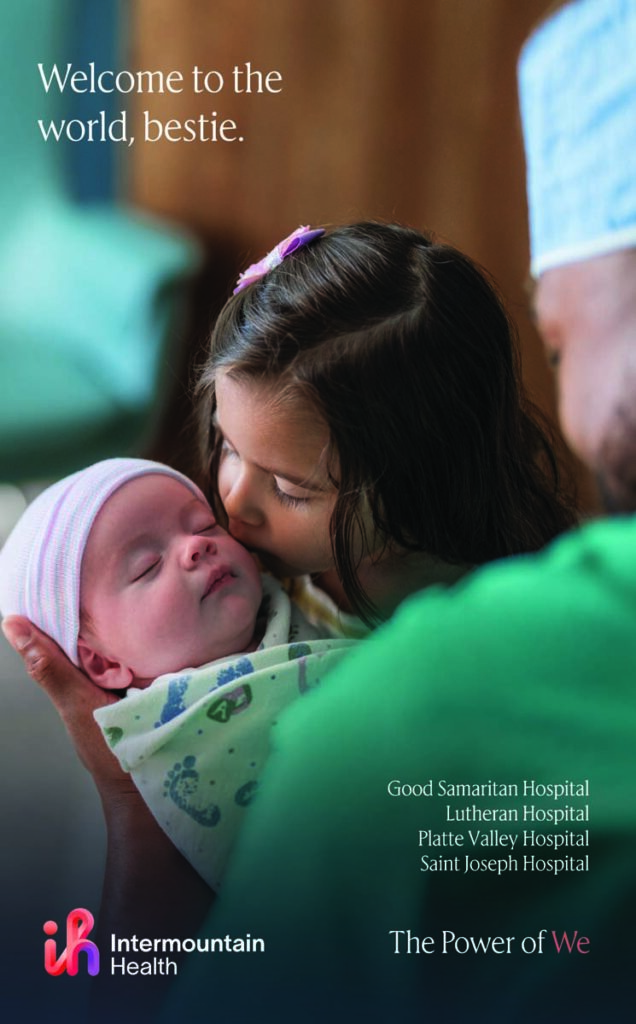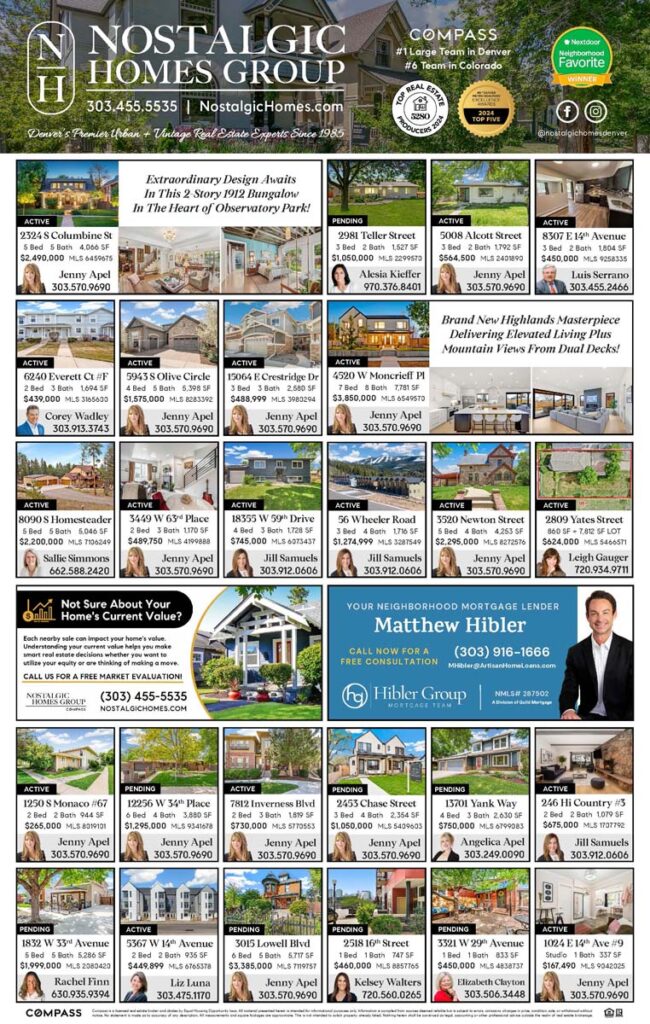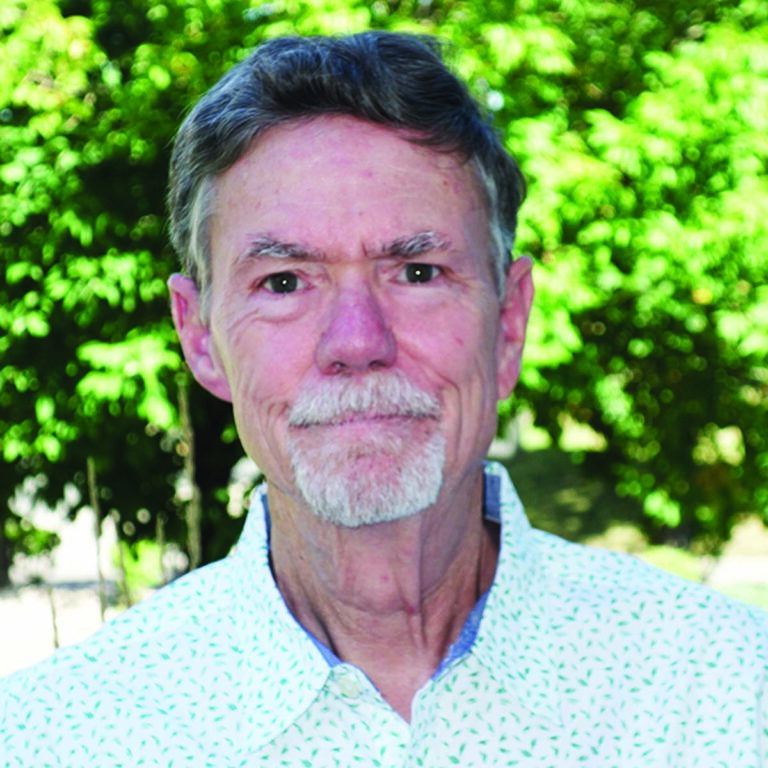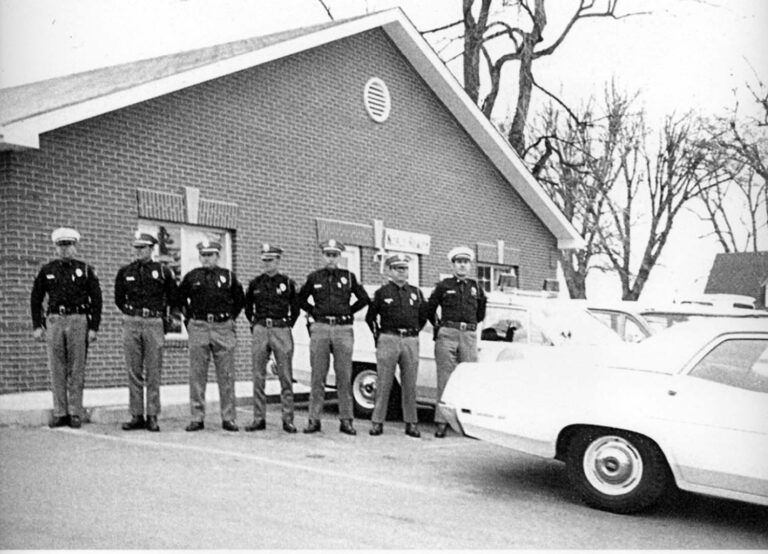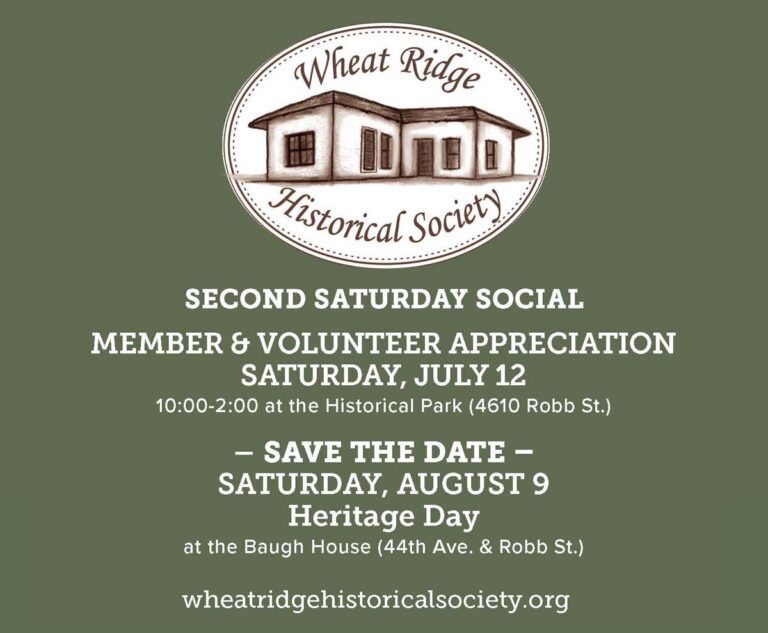Wheat Ridge residents are seeing their investment paying off.
In recent years, a number of public development projects have come to fruition all across the city. Completed projects include new business access ramps at Clear Creek Crossing off of I-70, and a modernized and beautified Anderson Park. Efforts to improve the area surrounding the Ward Commuter Rail Station as well as Wadsworth Boulevard are currently underway (as some residents may be painfully aware).
Each of these developments can be traced directly to Wheat Ridge’s 2016 ballot measure 2E. Designed to help fill in gaps in the city’s infrastructure, 2E brought forth a sales tax increase of a half cent to remain in effect until a $38.5 million cap was reached. City leaders expect that number to be met before the end of the year, and are now looking towards a possible extension of this tax.
To gauge public interest in continuing the increased rate, city council enlisted the help of Louisville-based market research firm Magellan Strategies. Magellan facilitated a poll of more than 1,200 Wheat Ridge residents, a representative sample including people of all age groups and political affiliations. The survey was designed to measure how Wheat Ridgers feel about the city’s direction, its provision of public services and potential future projects. Results were reviewed by the council at its April 3 study session.
The findings showed a largely positive outlook on Wheat Ridge and its future. Fifty four percent of respondents said they thought Wheat Ridge was headed in the right direction, citing infrastructure improvements and new business developments as measures of continuing success. Dissenting voices did not look as kindly upon the city’s growth, noting a perceived increase of crime and homelessness. Seventy five percent of those surveyed voiced approval for the city’s provision of services, and a majority said they felt Wheat Ridge spent its tax dollars wisely.
Residents were also asked to rank a series of four potential projects from highest to lowest priority. The results were as follows:
1. Sidewalk and street improvements on primary street corridors such as 38th Avenue, 44th Avenue and Youngfield Street
2. Filling sidewalk gaps throughout the city with an emphasis on major pedestrian corridors
3. Drainage and floodplain infrastructure improvements throughout the city
4. Expansion of the Wheat Ridge Recreation Center for additional gymnasium and fitness activity space
When asked whether certain projects and their respective budgets would make voters more or less likely to vote yes on a sales tax extension, residents’ priorities started to become clear. Seventy six percent of respondents said they would be more likely to vote yes if a $5 million project to improve sidewalk gaps across the city was included. Seventy five percent indicated strong support for drainage and floodplain infrastructure improvements with a $4 million price tag. Only 52 percent indicated that a $15 million recreation center project would influence their vote positively, and the same percentage felt similarly about a potential $10 million to widen sidewalks on 44th Avenue. Notably, three of the five most popular options had a price tag of $5 million or less, and three of the four least-popular options were listed at $10 million or more, hinting at respondents’ inclination towards fiscal responsibility.
Council spent the better part of an hour discussing the survey results as well as a tentative plan of action. Members pointed out that the numbers in support of the top ranked projects were very impressive – “Anything coming in at 68 percent is a big deal,” noted Valerie Nosler Beck, and Rachel Hultin remarked that there seems to be “a huge appetite” for these projects.
The council also expressed its hesitations and concerns with budgets and completion dates for these projects. Leah Dozeman touched on how costs could increase significantly throughout the lifespan of a 10- to 20-year tax extension, rendering original estimates null and void. Some members were quick to suggest dropping the recreation center and 44th Avenue sidewalk projects from further conversation after seeing the community’s lukewarm response, with Korey Stites stating that the former could be a “poison pill” on the ballot.
Before setting anything in stone, the council stressed that they need both more and better information. Price estimates need to be scrutinized, and public opinion needs to be more sharply defined. The only decision made was to push further conversation to a June study session to allow time for clarifying potential costs and conducting further polling.
Until then, Wheat Ridge residents can make sure their voter registrations are up to date, contact city council on these matters and be on the lookout for more polls and study sessions coming down the pipe.


